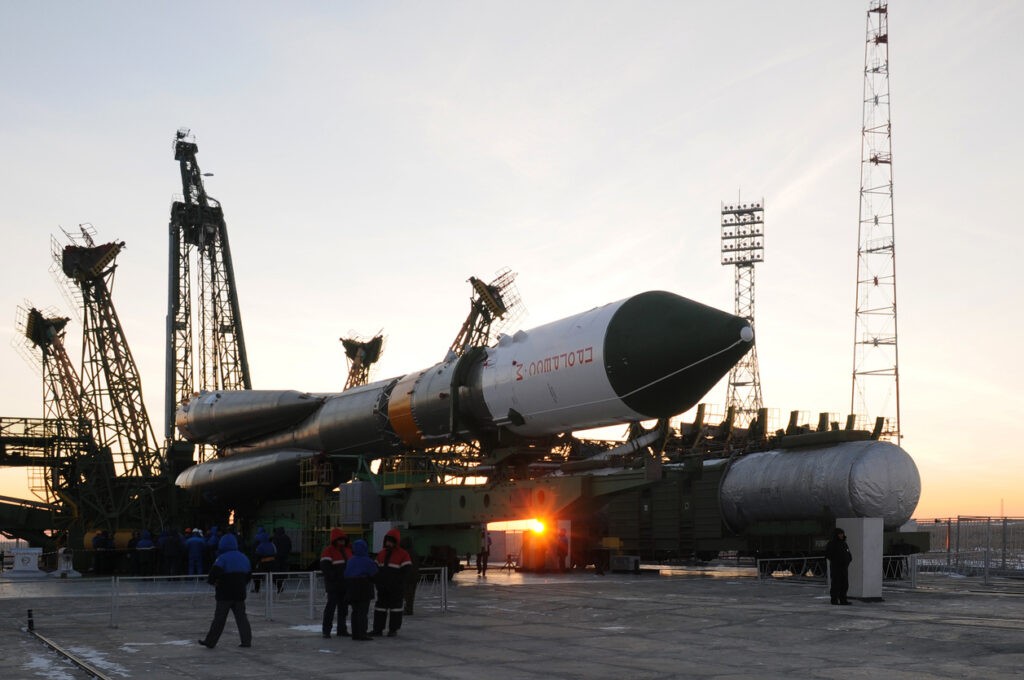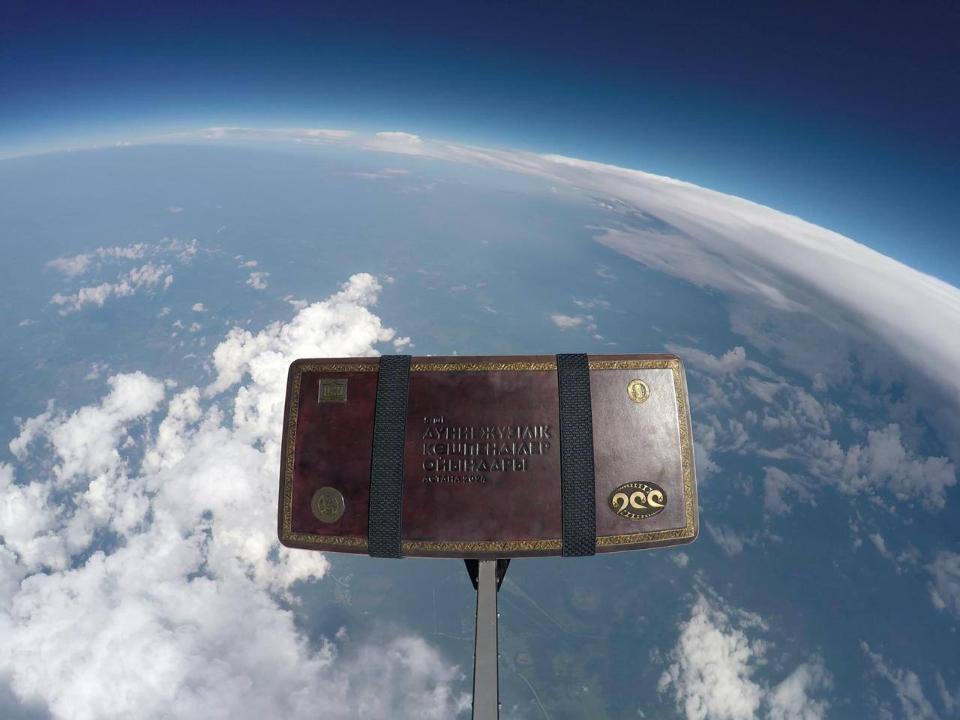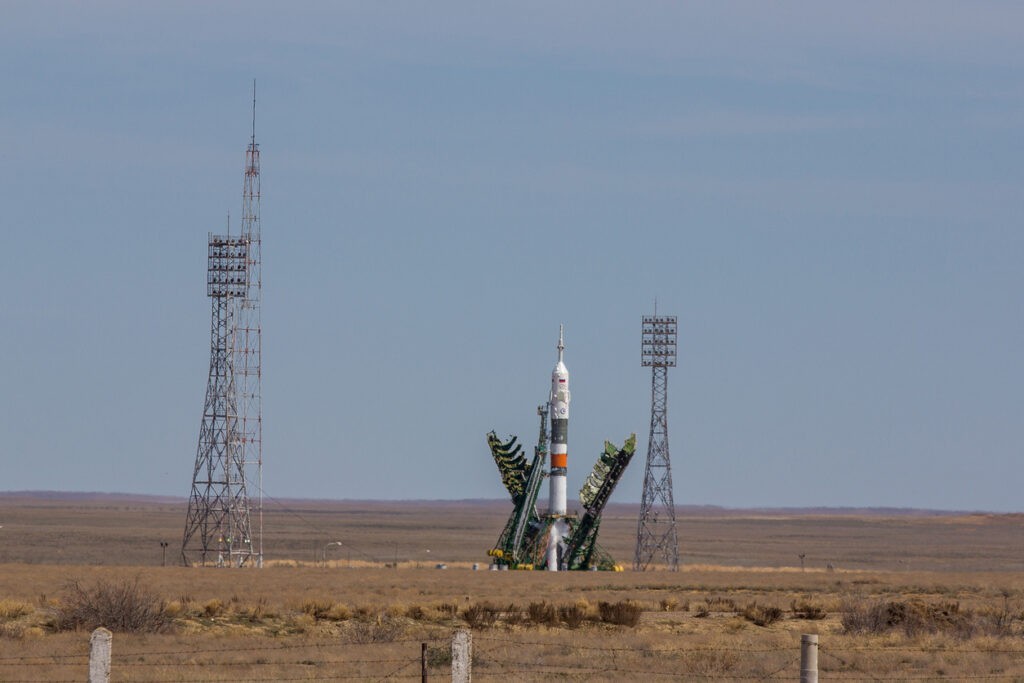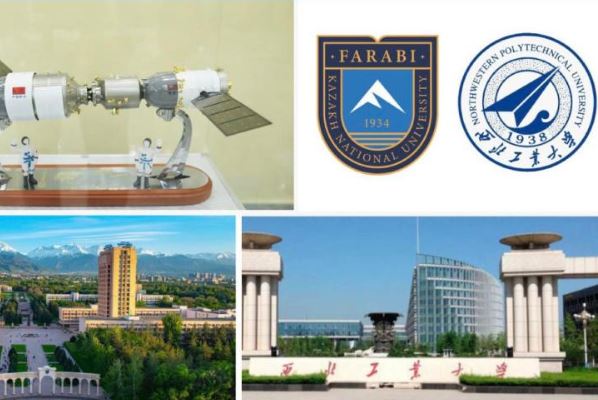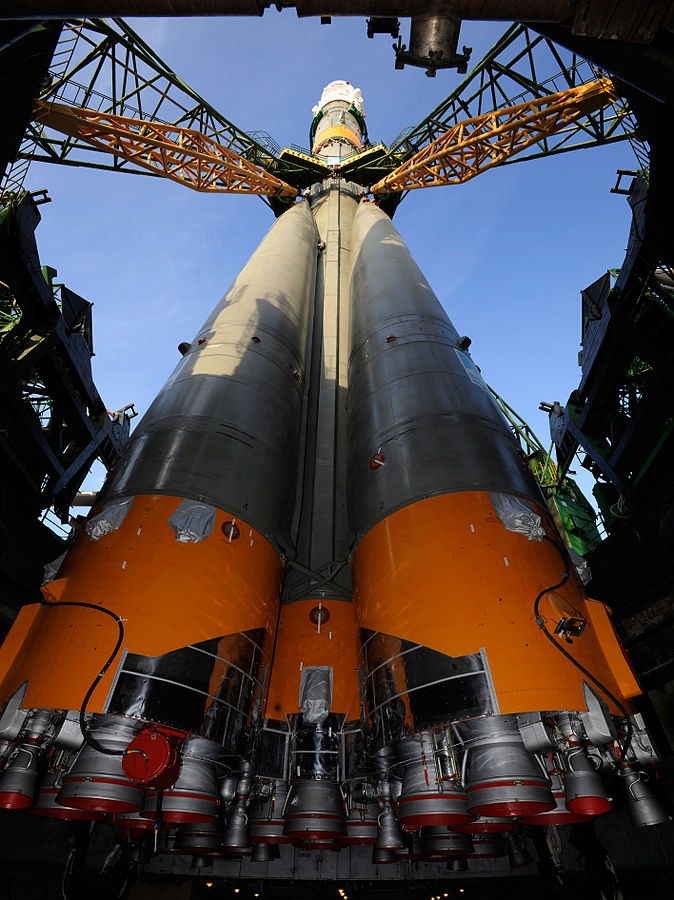Uzbekistan to Head CIS Interstate Space Council
Uzbekistan will head the Interstate Space Council of CIS countries for 2024-2025, and Shukhrat Kadirov, Director of the Uzbekcosmos agency, was unanimously elected as the council chairman. This decision was made at the Fifth Council meeting, which was held in Tashkent. According to CIS rules, the council's chairmanship is passed alphabetically between the participating countries; Tajikistan held the previous chairmanship. Kadirov proposed enhancing cooperation in space education and initiating joint projects to train young specialists. He also noted that the council faces ambitious tasks, including coordinating within the UN and deepening cooperation in space technologies. In August this year, Uzbekistan announced its accession to the 1967 treaty on the exploration and use of space. It was also reported that Uzbekistan will not send weapons of mass destruction into space; the country has advocated reducing the risk of space militarization. The CIS Interstate Space Council is an organization established to coordinate the efforts of CIS countries in space activities. The Council deals with space research, technological developments, and the implementation of joint projects in the space sphere. The organization's importance lies in strengthening cooperation between the countries in using space technologies for scientific research, communications, and navigation. The Council also works on coordination within international organizations such as the UN.
